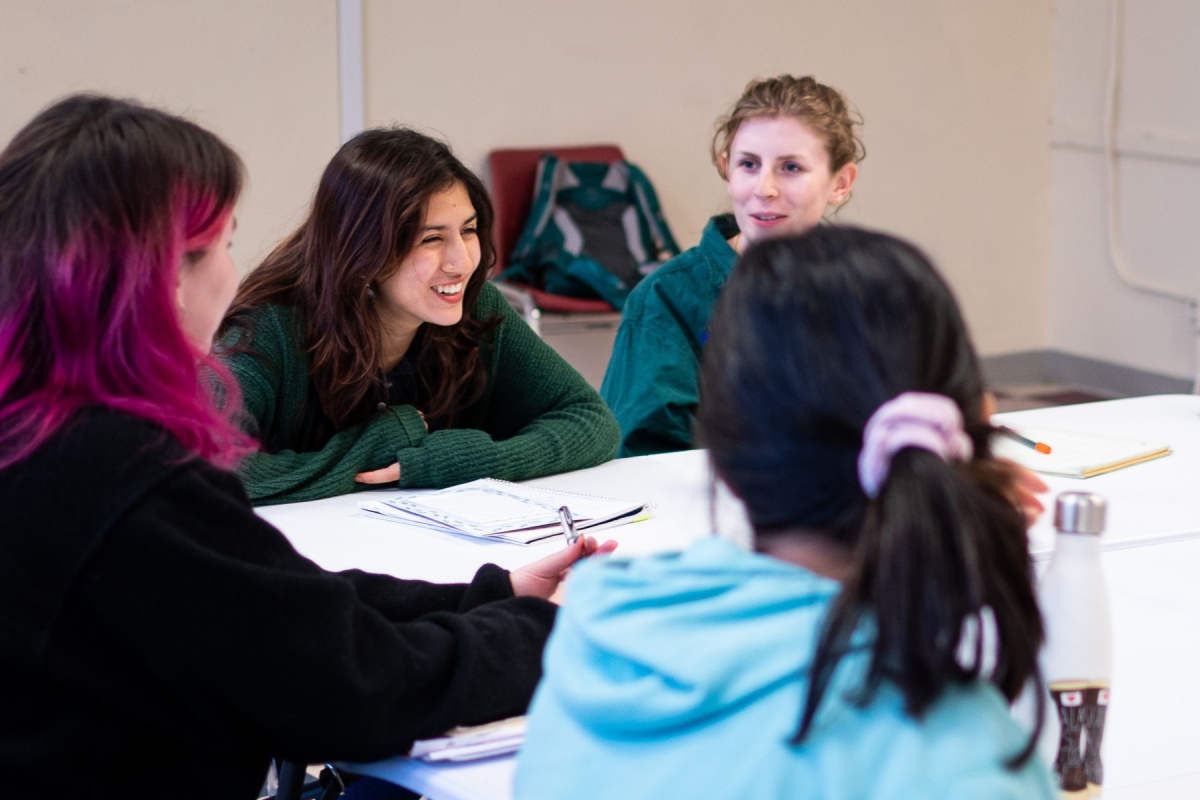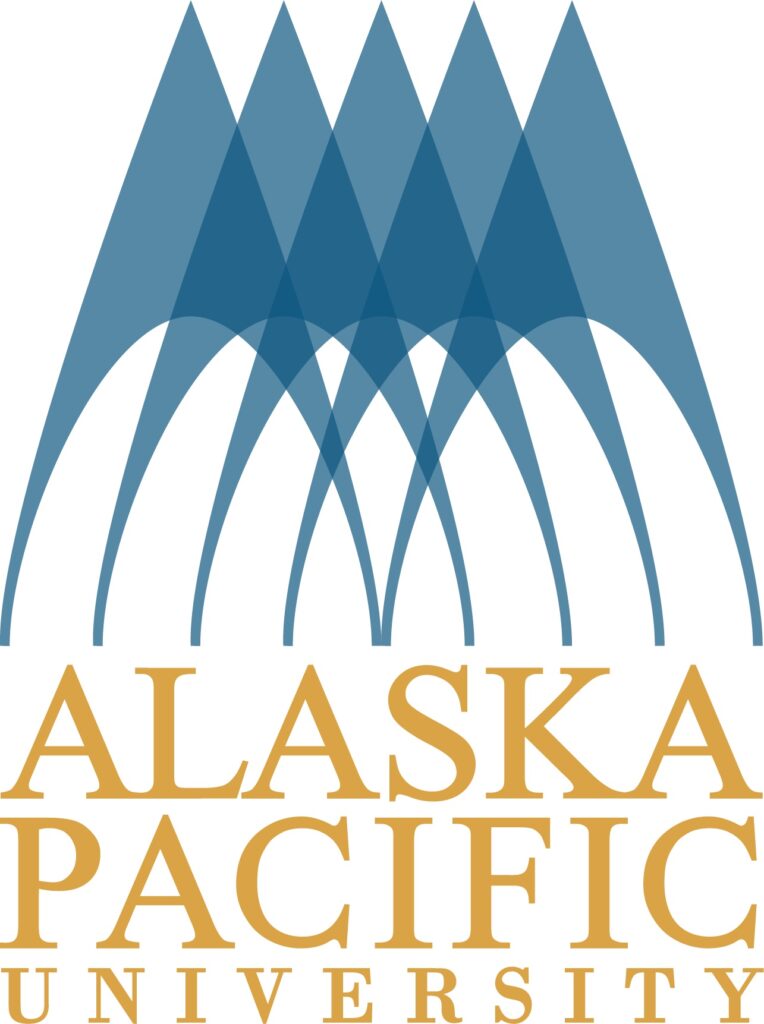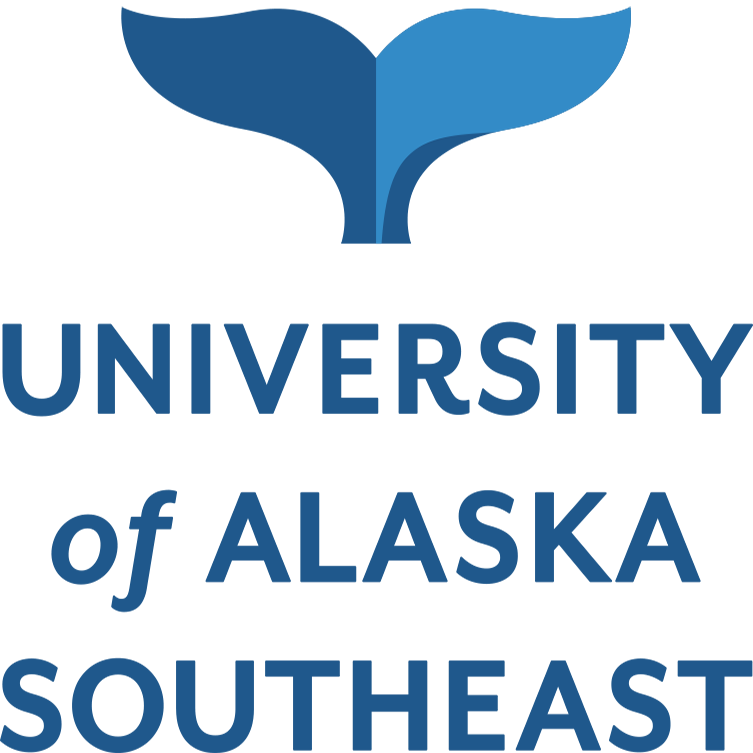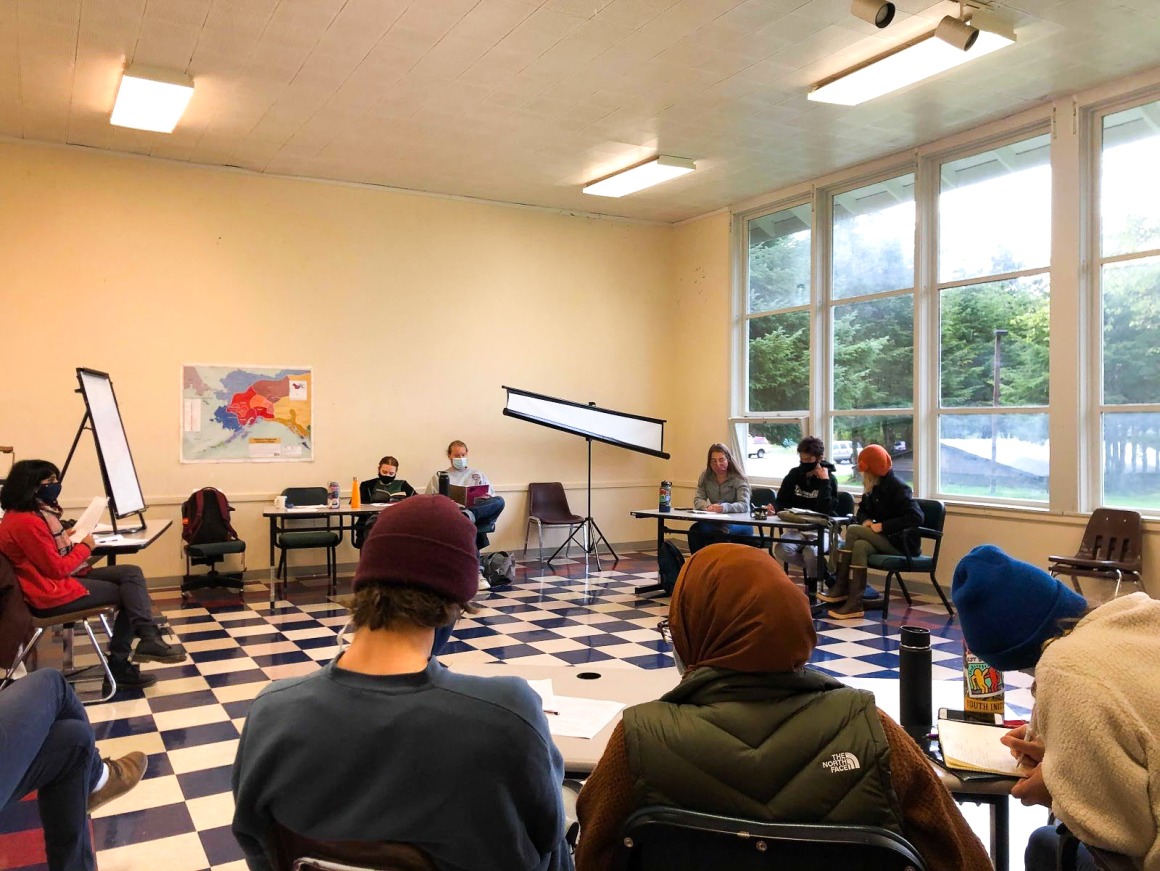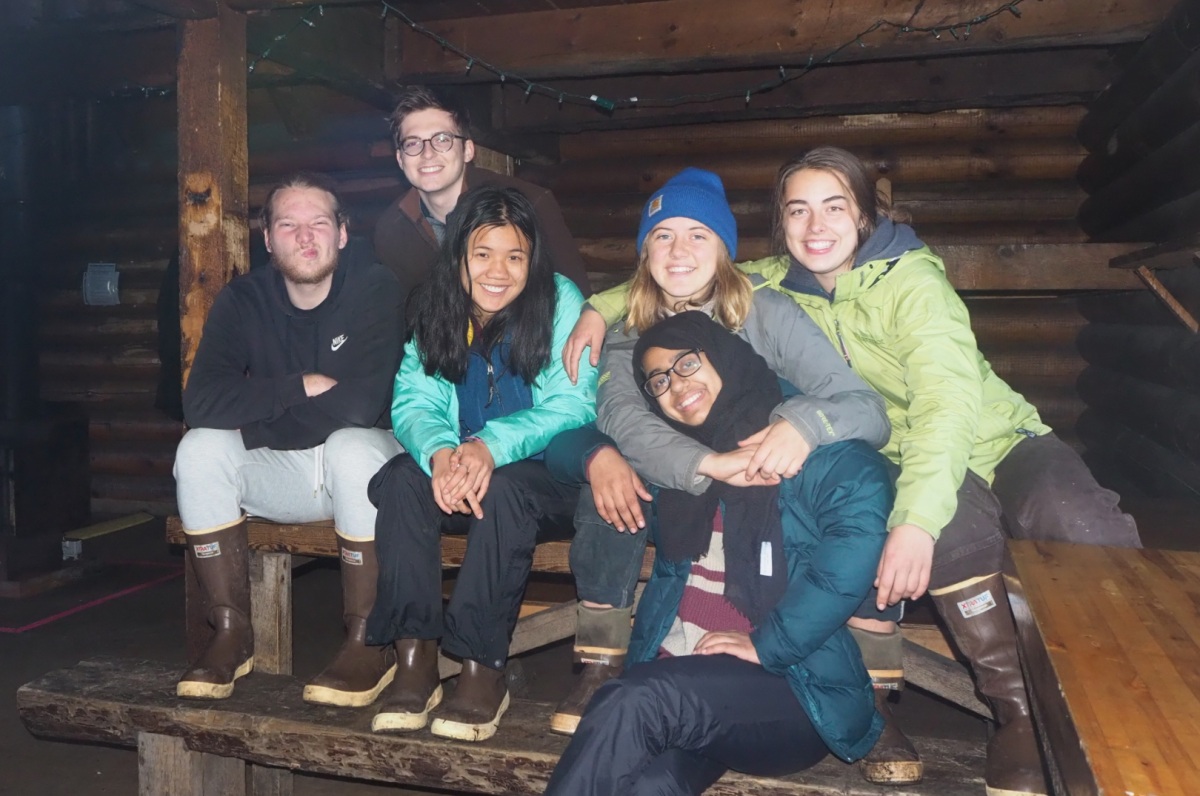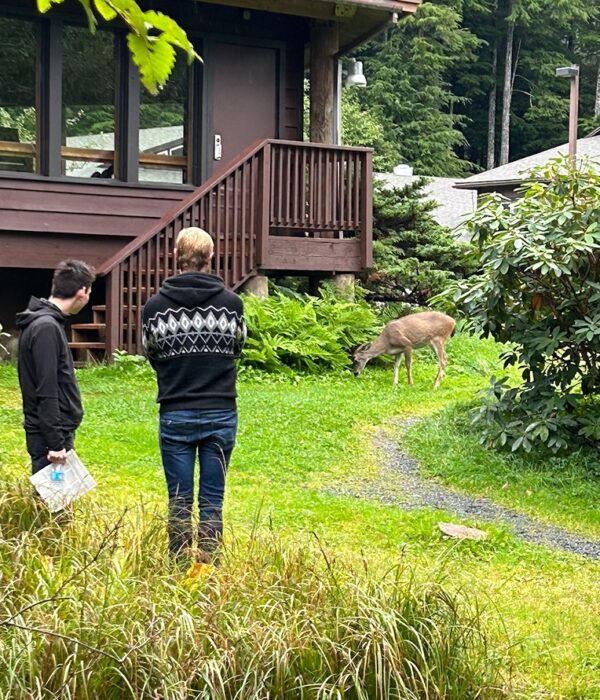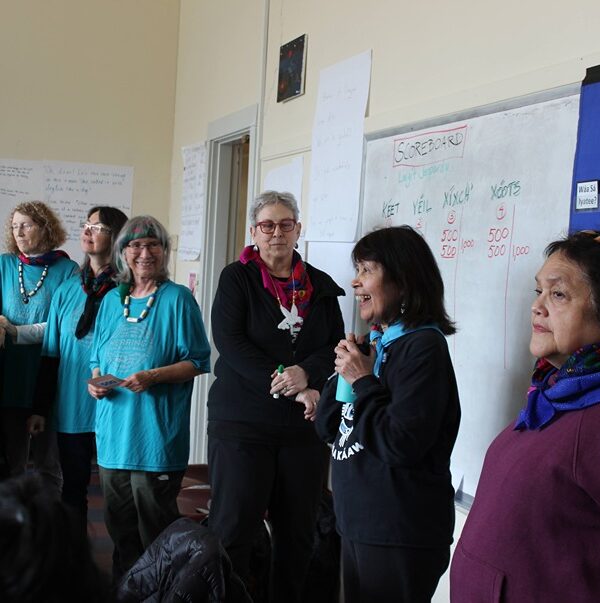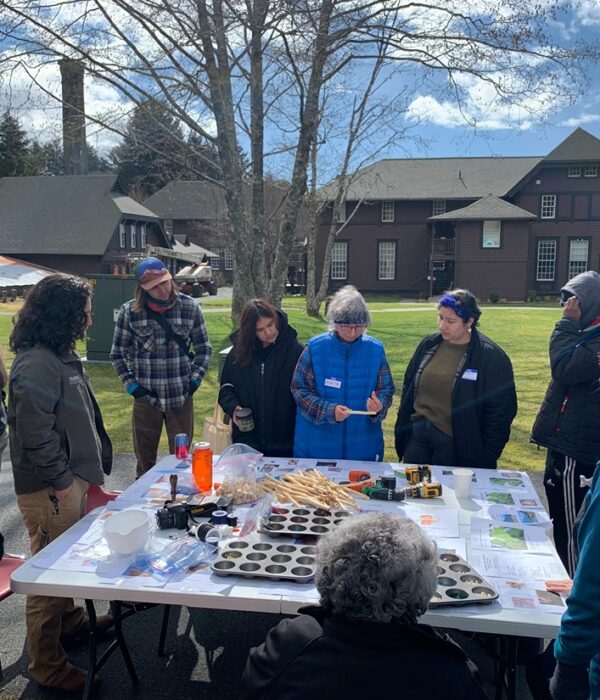Fall, 2021
Philosophy as a Way of Life (David Egan)
Philosophy is often conceived as the most abstract academic discipline, asking fundamental questions about the nature of reality, language, or the mind. But it’s also the most concrete: more than any other discipline, it confronts directly the question of how we should live. Philosophers all over the world have grappled rigorously with this question—and often come up with surprising answers.
The aim of this course is to look at this question of how we should live, and to take seriously the idea that we aren’t really answering the question unless we explore in a hands-on way what it would be like to live in accordance with different teachings. To that end, classroom discussion will be supplemented with experiential exercises and journaling that invite students to try out and reflect on the teachings we encounter in the classroom. In addition to the experiential exercises outlined below, students will also engage in two sets of interviews, first with a partner and then with the instructor, in which they will work to articulate a life philosophy of their own and submit it to critical scrutiny.
We will consider answers to the question of how we should live from a geographically diverse range of perspectives, most of them quite ancient. One purpose of this approach is to consider a diversity of approaches to addressing these questions. Another is to provoke us to think outside our own frame of reference. The hope is that we will discover that there are answers—and even questions—that can guide us in our own lives that we hadn’t encountered before. According to its mission statement, Outer Coast “seeks to teach and inspire promising young people to create virtuous change in the world and in their own lives” and promises to “[accompany] students in their search for self-understanding and moral worth.” This course aspires to take this mission statement at its word and to curate an academic experience that engages directly in this project of virtuous change, self-understanding, and moral worth.
Games, Play, and Philosophy (David Egan)
Play is fun. It’s often seen (wrongly) as the opposite of seriousness, and so it’s rarely given serious attention. But maybe play is so much fun precisely because, in playing, we’re doing something that’s deeply important to our happiness and well-being.
This course aims to look more closely at the nature of play, and in particular the distinctively human form of play called games. In the classroom, we will get clearer on the nature of games and play and consider how games are related to art and to social institutions. In that latter aspect, we will also use the structure of games as a way of reflecting on Outer Coast’s pillar of self-governance: we’ll ask what games can teach us about social institutions more generally and in particular what the joy of playing games can teach us about harmonious institutions. Lastly, we’ll consider how playing and playing games might give us some insight into what it means to live well.
In addition to the classroom work, we will also experiment a bit with game play and game design. We will try out a few experimental games that push on some of our familiar ideas about the nature of games and the boundaries between games and real life and we will study the rudiments of game design and attempt to design simple games of our own.
Relationship with Place I: Alaska Natives, Sea Otters & Ecology (Ilegvak Peter Williams)
At its surface, Harvest: Quyurciq is a simple documentary about an Alaska Native man hunting, eating, and crafting sea otters. As we peel back the layers, we learn that this seemingly small story and its central human rights issue provoke big, multi-faceted implications. The curriculum I’m developing uses the Harvest: Quyurciq documentary and other sources of Alaska Native media as a springboard for examining contemporary Alaska Native perspectives on history, climate change, decolonization, Indigenous Science, resource management, and tribal sovereignty.
The course is rooted in place-based, holistic Indigenous education, which requires interdisciplinary study. Environmental science, Native American studies, art, history, math, and law are all invoked as means of examining the overarching question of how policy controls human relationships with nature. Students’ exploration of the subject matter will be enhanced by direct interaction with Southeast Alaska’s distinctive ecosystem, and contextualized by the testimony and mentorship of a diverse group of Alaskan Natives. Text, film clips, radio, and guest lectures will be supplemented with hands-on harvesting, processing, and cooking local species. Students who enroll in Term 2 will carry over materials to be used in their personal craftwork.
Relationship with Place II: Alaska Native Traditional Lifestyle, Policy, & Fish Skin Tanning (Ilgavak Peter Williams)
This course will connect students to an endangered Alaska Native art form severely disrupted by settler colonialism: tanning fish skin. Mastery of this craft enabled Alaska Natives to survive in an unforgiving climate, utilizing the potential of our animals beyond their rich value as a food source and interminably bonding us to our marine ecosystems. But colonial ecocide and forced assimilation paused the intergenerational transmission of this practice; there are few Alaska Native Elders living today that have firsthand knowledge and experience of legacy fish skin techniques, despite its paramount importance in our history.
Participating students will directly engage in this traditional craft, bark tanning the coho salmon skins harvested in the first term, while textually engaging with critical aspects of the Alaska Native Claims Settlement Act (ANCSA) and its impact on traditional Alaska Native food systems, specifically salmon. The course will include an examination of perspectives on ANCSA gathered from 62 villages across rural Alaska, and presented in Thomas R. Berger’s Village Journey: The Report of The Alaska Native Review Commission. Selected writings from Letters To Howard by Fred Bigjim and James Ito-Adler will also be studied. These two books will provide students with a sense of how ANCSA was perceived leading up to and during its implementation, and will give insight into the act’s background, content, qualifiers, and outcomes, such as the historically decisive formation of Native Corporations.
Spring, 2022
Intertidal: Making a Home in the Spaces in Between (Caroline Daws)
The intertidal zone is the place where ocean meets land between low and high tides — neither fully land nor sea. In the tides, there is both constant change and cyclical predictability. In this course we will explore the ecology of intertidal and tide pool ecosystems through a variety of disciplinary lenses. Those creatures who have made the intertidal their home are masters of the in between. Organisms in the intertidal zone might, in a single day, go from being completely submerged and subjected to brutally strong waves to being uncovered, dry, and baked in the sun. They are equipped with adaptations that were created and honed through millennia of withstanding this fluctuating environment. Vertical stratification is a signature trait of the intertidal — bands of organisms with different adaptations and physiological and ecological needs color these shorelines according to the balance of “who can live there” and also how those species that can inhabit a space interact and compete with each other. Although these environments have been shaped over evolutionary time, the visible zonation and striations are maintained through a mutable network of interactions between species that compete with and exclude one another. Connecting the land and the sea, this in between space has a lot to teach us about both terrestrial and marine ecosystems, economies, stories, relationships, resources, and cycles. In this course, we will use the intertidal as a living classroom for becoming familiar with species interactions and the mutual sharing of resources, and in the process perhaps learn a bit about the between spaces we occupy ourselves.
Dreaming: A History and Investigation (Matthew Spellberg)
This is a course on dreaming: its phenomenology, cultural history, scientific study, relation to consciousness and social life, and its use in politics and art. Above all we will consider the question, can dreams be shared? If so, what does the sharing of dreams accomplish? For individuals, communities, cultures? Throughout human history dreams have played a crucial role in defining our sense of who we are and what we can know. Thinking about dreams has been central to the development of interpretation, experimentation, and theories of mind. Dreams have often defined the human relationship to the sacred and even our political and ethical commitments.
Readings in this course will be drawn especially from the intellectual traditions of Europe and Native North America, with particular attention to the Pacific Northwest. Our goal is to approach these traditions with the utmost respect, in the hope of building dialogues between them. Europe and Native America developed dramatically different theoretical and artistic models for representing and thinking about dreams, and comparing them will allow us to approach questions about the deepest forms of human (and animal) consciousness from many angles. We will examine what happened to dreaming and it associated phenomena when these cultures encountered one another in the disaster of colonialism. We will trace the legacies of this encounter in contemporary attitudes toward dreaming, toward the verification of knowledge, and in the relationship of inner life to politics. We will look at the demotion of dreaming (i.e. the claim that dreams are boring or nonsensical) that accompanied the rise of modernity, and consider whether alternative accounts are possible for understanding dreams in the present.
In addition, students will undertake experiments in imagining and describing dreams (including their own if they wish) over the course of the term. Guest speakers (possibilities include storytellers, visual artists, scientists, Indigenous tradition bearers) will be invited to visit (via Zoom or in person) where possible.
Fungi of the Forest: Connectedness, Adaptation, and Global Change (Caroline Daws)
In the temperate rainforests of Southeast Alaska, spruce and hemlock tower over dense understory. However, beneath the surface lies just as much, or even more, life. Though most often spotted as mushrooms dotting the forest floor, fungi are active year-round as dense mats of mycelia — miles of mycelia can be found in a single handful of soil. These fine fungal threads are the machinery of nutrient cycling in the forest, building fundamental connections of energy, nutrients, and organisms from many trophic levels. The relationships between fungi and plants (as well as with humans and other creatures) are as old as time, and in this course, we will follow their mycelial threads through the forest and into the past and future to understand how they tie ecosystems together through the movement of energy and nutrients. Along the way, they may help us to answer questions about how we are all connected, their and our own origin stories, and where we might be headed in a period of great global change.
States of Nature (Matthew Spellberg)
A course on the “State of Nature,” the idea that it is possible to conceive of a human reality independent of society and culture. Is there a “natural” state of existence, and what does that look like? What was it like before humans came together in a society? How will humans behave if society collapses? What happens when someone leaves the human community and tries to live alone in the world? We will examine radically different answers to these questions in the work of thinkers and writers from around the world, answers which have major consequences for political and social organization, punishment, and our relationship to the environment. We will pay particular attention to ideas of the State of Nature as they play out in European and Indigenous American thought-systems: a hope of the class is to enter into an equal and respectful dialogue with these two traditions, which have often encountered one another in dark and one-sided ways (including around this very question of the State of Nature).
The first three weeks of the course will consider competing ideas of what happens when human beings are left on their own. Do they become cruel and unpredictable? Do they become on the contrary peaceful and caring in ways that they never could be in society? Do they remember and assert an order deep within themselves? After that, we will consider different sites where the State of Nature has often been thought to exist: at the beginning of the world (the Creation); at the end of the world (the Apocalypse); in a time when humans could speak to animals. A final unit will consider the way queer thinkers challenge the dominant idea of what is “natural,” opening us up to how we answer this question in daily life.
Full Year:
Indigenous Studies taught by Yeidikookʼáa Dionne Brady-Howard
The Indigenous Studies course exposes students to Alaska Native cultures, technologies, values, languages, ways of knowing, and histories from across the state, but with a particular focus on knowledge from Lingít Aaní and Sheet’ká. Students should leave the course better connected to the rich knowledge bases of Alaska Native peoples and more capable of bringing that knowledge to bear in their daily lives. Students should also leave with a clear understanding of how colonialism has affected and continues to affect the state of Alaska and a toolkit from applying that understanding and knowledge to any place they may reside in the future.
